|
Cusco (or Cuzco)
is one of the most iconic cities in
Peru and a
UNESCO World Heritage Site.
Located in the Peruvian Andes,
it was once the capital of the
Inca Empire
and remains the cultural heart of
Andean Peru. Cusco
serves as the gateway to the
Sacred Valley and Machu
Picchu, attracting millions of tourists each year who come to
experience its rich history, unique architecture, and vibrant culture.
Key Highlights of Cusco:
-
Historical Significance:
-
Inca Capital:
Cusco was the capital of the
Inca Empire
(15th–16th century), which was the largest empire in
pre-Columbian America. The city's layout, as well as many of its
structures, were built by the Incas and reflect their remarkable
engineering skills.
-
Spanish Conquest:
When the Spanish arrived in the 16th century, they colonized the
Inca capital and built churches and buildings on top of existing
Inca foundations, blending indigenous and colonial Spanish
influences. This mixture of cultures is one of Cusco’s defining
characteristics today.
-
Top Attractions in Cusco:
-
Plaza de Armas:
The main square
of Cusco is a historic and cultural hub, surrounded by important
landmarks, including the
Cusco Cathedral
and La Compañía de
Jesús Church. The square is often bustling with
tourists, locals, and street performers.
-
Sacsayhuamán:
An impressive Inca
archaeological site located just above the city,
Sacsayhuamán
is famous for its massive stone walls, which were built using
huge blocks of stone perfectly fitted together without mortar.
It offers spectacular views of the city and is one of the key
attractions for history buffs and photographers.
-
Qorikancha (Temple of
the Sun): Once the most important temple of the
Inca Empire,
dedicated to the sun god
Inti,
Qorikancha
was known for its lavish golden walls and intricate artwork.
Today, the site houses the
Convent of Santo
Domingo, but the Inca stonework can still be seen,
showcasing the high level of craftsmanship.
-
Inca Museum:
Located near the Plaza de Armas, the
Inca Museum
offers an excellent collection of Inca artifacts, textiles,
pottery, and mummies. It's a great place to understand the
culture and history of the Inca civilization.
-
San Blas District:
Known for its
cobblestone streets and narrow alleyways,
San Blas is
the artistic heart of Cusco, home to many
craftsmen, artists,
and galleries.
It’s a lovely place to stroll and see traditional
Andean crafts, pottery, and textiles.
-
Sacred Valley and
Surroundings:
-
Sacred Valley:
Located just outside Cusco, the
Sacred Valley of the
Incas is a lush, fertile area filled with impressive
archaeological sites like
Ollantaytambo,
Pisac,
Moray, and
Chinchero. The valley is also home to traditional
Andean villages and provides opportunities for
hiking,
trekking, and
exploring Inca ruins.
-
Machu Picchu:
Perhaps the most famous destination in Peru,
Machu Picchu
is a stunning ancient
Inca citadel located high in the Andes, near the town
of Aguas Calientes.
It’s a must-see for anyone visiting Cusco. Visitors can hike to
the site through the
Inca Trail or take the
train from
Ollantaytambo.
-
Cusco’s Colonial
Architecture:
- Cusco is a fascinating
blend of Inca
and Spanish colonial
architecture.
Stonework from Inca times can still be seen in many of
the buildings throughout the city, especially in
Cusco Cathedral
and the Temple of the
Sun (Qorikancha).
- The
cathedrals
and churches
in Cusco, such as La
Compañía de Jesús and the
Cathedral of Cusco,
show the wealth and influence of the Spanish colonial period.
They feature baroque
and renaissance styles,
with intricate woodwork, gold leaf, and religious paintings.
-
Cultural and Festivals:
- Cusco is a city that
celebrates its Andean
traditions and
Inca heritage
throughout the year. The most famous event is
Inti Raymi
(Festival of the Sun), which takes place in
June. This
colorful festival celebrates the
Inca winter solstice
and is marked by reenactments, processions, and traditional
music and dances.
-
Cusco's festivals
include Corpus Christi,
Virgen de la
Candelaria, and other regional celebrations that
feature vibrant parades, dances, and music, reflecting the
city’s deep spiritual and cultural roots.
-
Cuisine:
- Cusco is a great place to
try Peruvian cuisine,
which has gained international fame for its
flavors and
diversity.
Dishes like cuy
(guinea pig), alpaca
meat, and
pachamanca (a traditional Andean dish cooked in an
underground oven) are unique to the region.
Ceviche,
lomo saltado,
and ají de gallina
are also popular.
- Don’t miss out on drinking
mate de coca,
a tea made from coca
leaves that is often used to help with
altitude sickness
and to keep warm in the cool evenings.
-
Altitude and
Acclimatization:
- Cusco is located at a high
altitude of 3,400
meters (11,150 feet) above sea level. Visitors may
experience symptoms of
altitude sickness, so it’s recommended to take a
few days to
acclimatize before engaging in strenuous activities, especially
if you plan to visit other high-altitude destinations like
Machu Picchu
or Sacsayhuamán.
-
Getting Around Cusco:
- The city is
walkable, and
many of the main attractions are located within walking distance
of each other. However, there are also
taxis and
public transportation
available.
- For traveling outside of
Cusco, you can take
buses or arrange
tours to
explore nearby archaeological sites, towns, and the Sacred
Valley.
In Summary:
Cusco is a city that blends ancient
Inca heritage with
colonial Spanish influence,
making it one of the most unique and culturally rich cities in Peru.
Whether you’re exploring Inca ruins, wandering the cobblestone streets,
or sampling delicious Peruvian
cuisine, Cusco offers a wide range of experiences that showcase
the deep history, vibrant culture, and stunning landscapes of the
region. It is an essential stop for anyone traveling to Peru, especially
those planning to visit the
Sacred Valley or
Machu Picchu.
|
|
 Safaris
Bergsteigen
Wandern
Inselwandern Weltweit
Safaris
Bergsteigen
Wandern
Inselwandern Weltweit
 Europa
Inselwandern
Europa
Inselwandern
 Städtewandern
Städtewandern
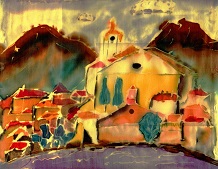 Paintings
Paintings Dirk Rauschenbach
Dirk Rauschenbach
 Safaris
Bergsteigen
Wandern
Inselwandern Weltweit
Safaris
Bergsteigen
Wandern
Inselwandern Weltweit
 Europa
Inselwandern
Europa
Inselwandern
 Städtewandern
Städtewandern
 Paintings
Paintings Dirk Rauschenbach
Dirk Rauschenbach
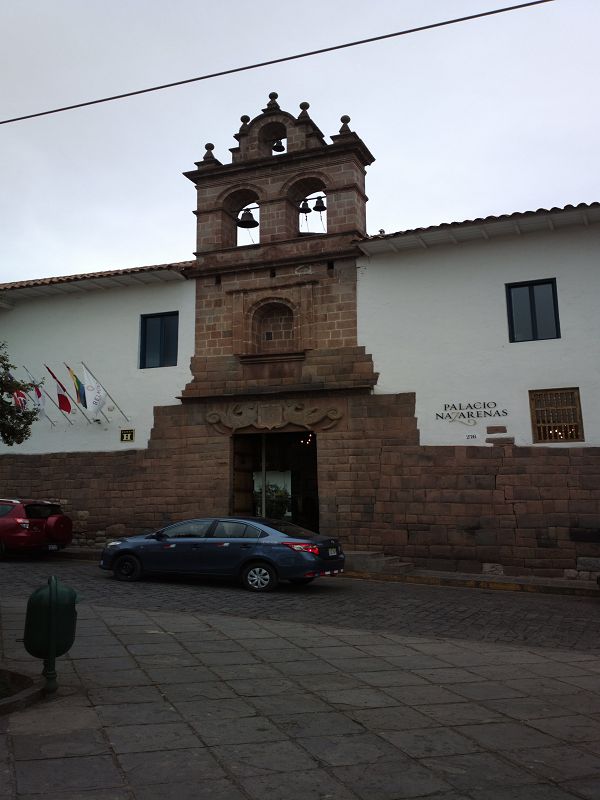
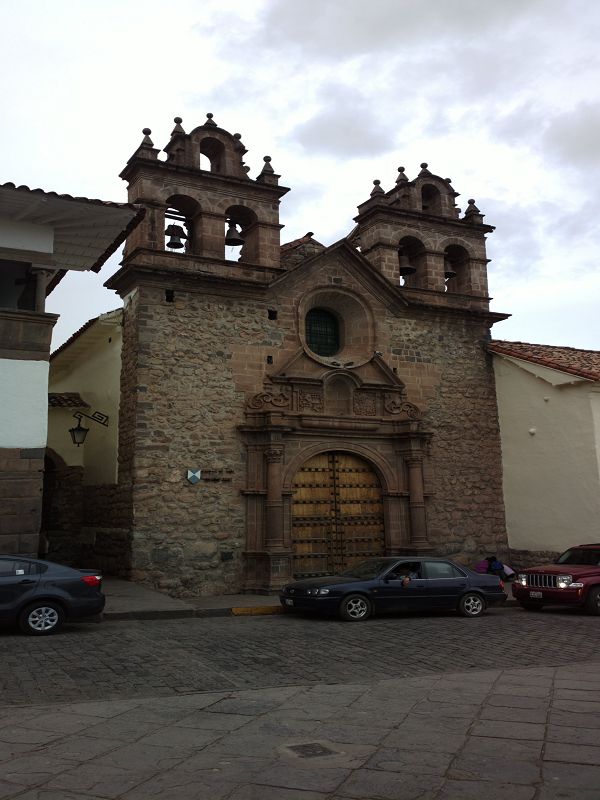
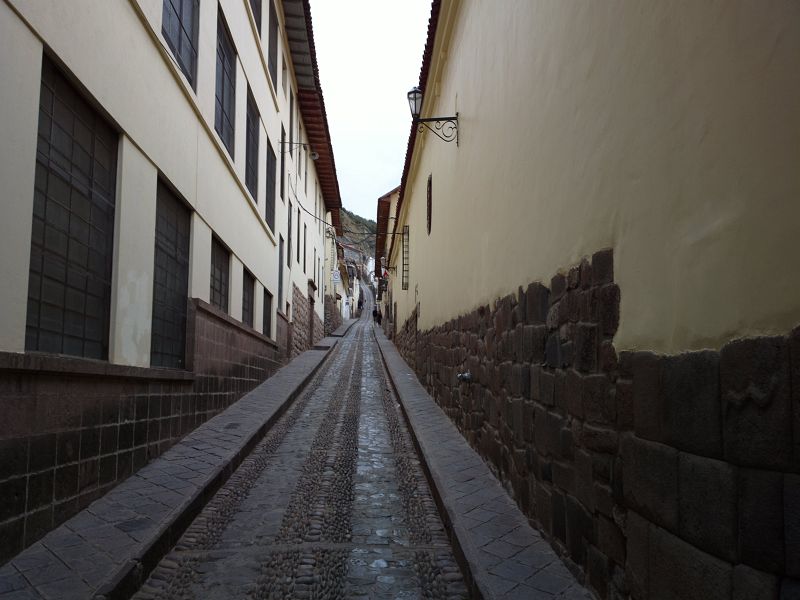
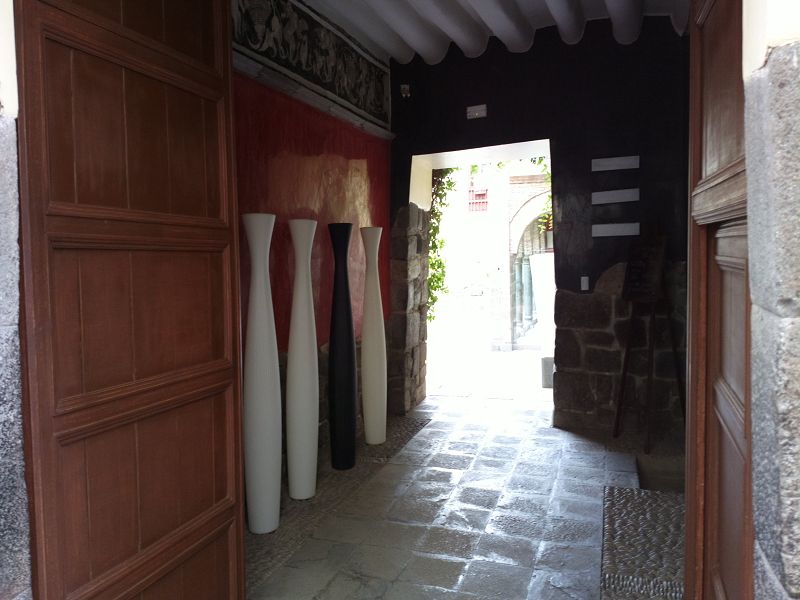
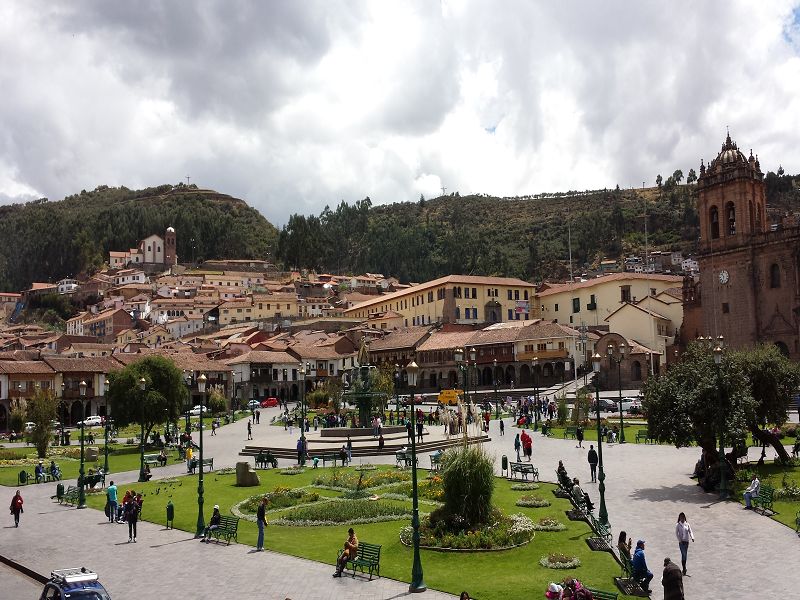

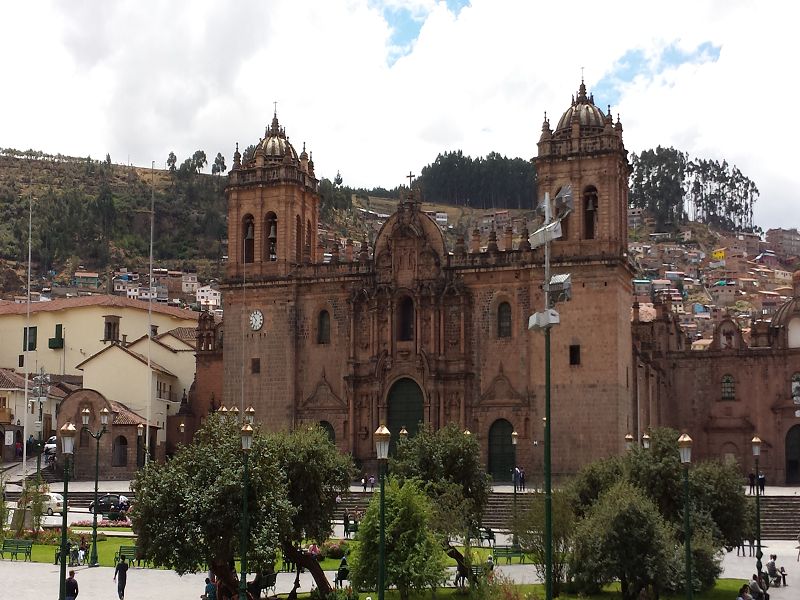
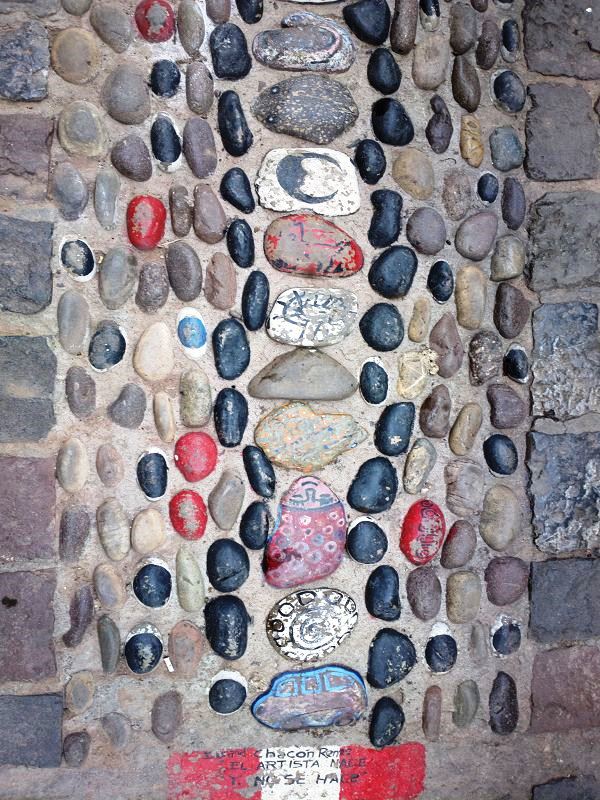
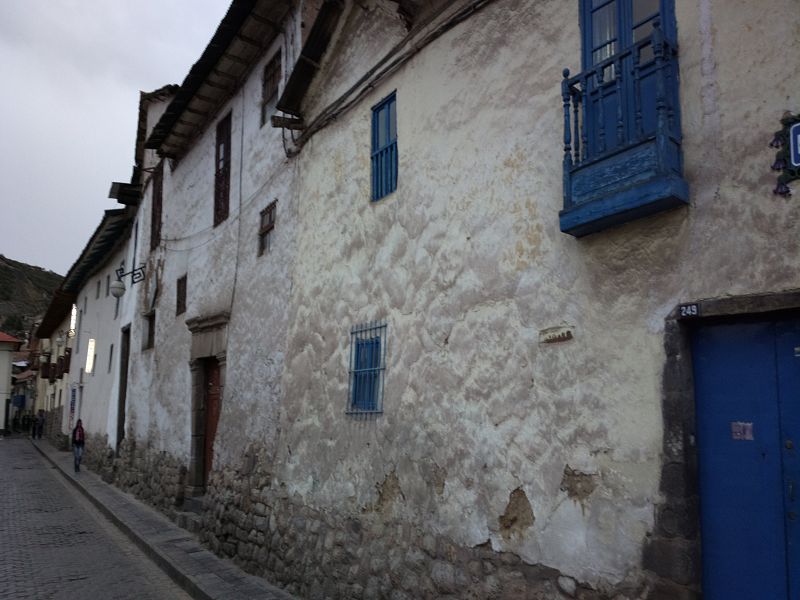
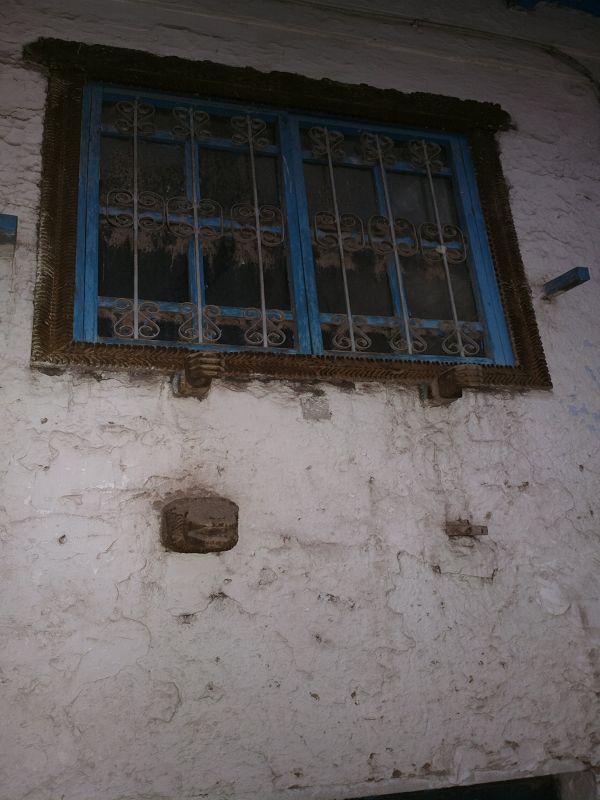
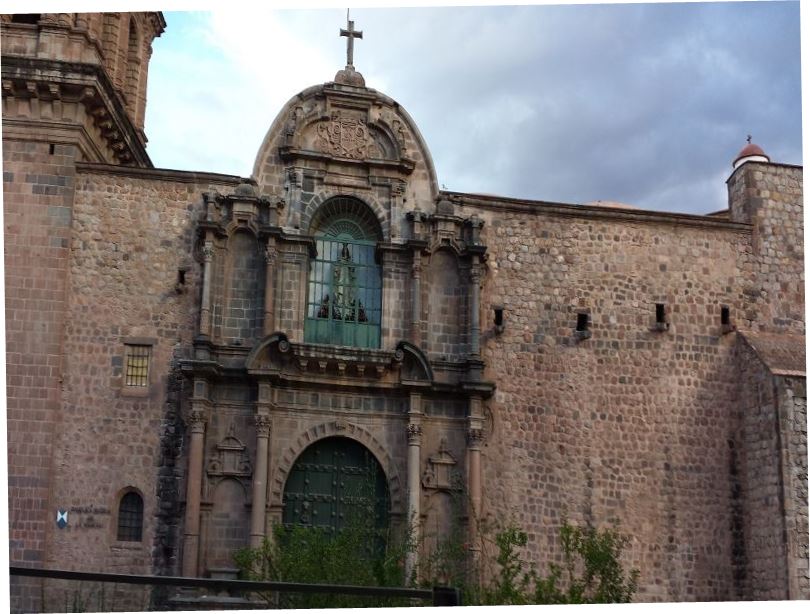
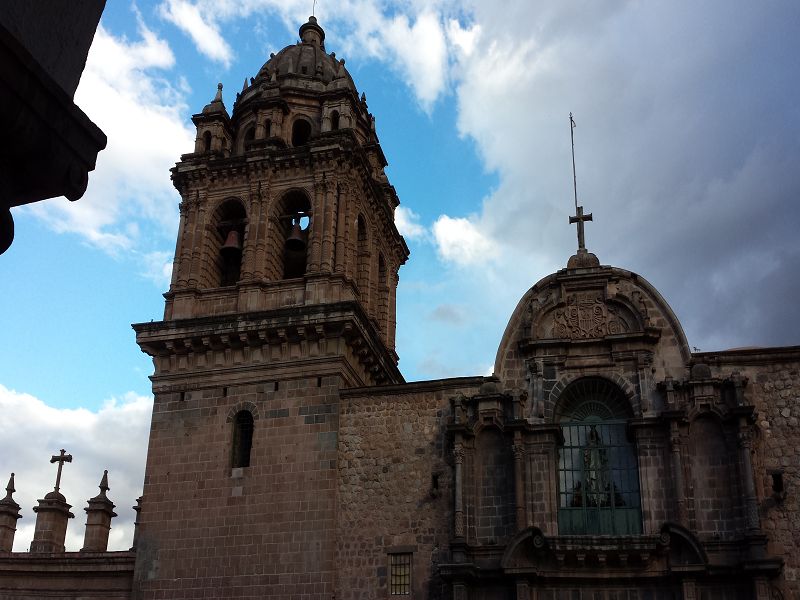
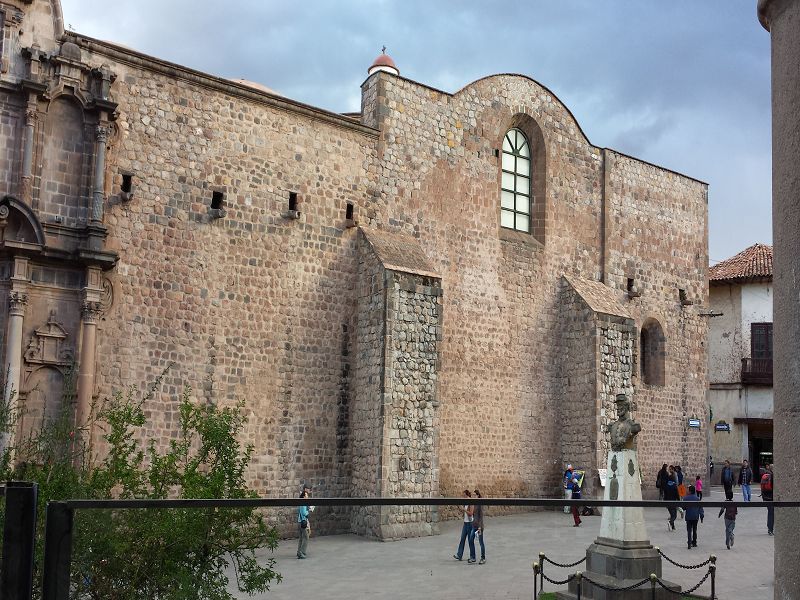
![]() 26.07.25 Copyright Dirk
Rauschenbach Koelnerstrasse 293 51702 Bergneustadt
Datenschutzerklaerung 02261 9788972 Mail ccooly(
at) web.de
26.07.25 Copyright Dirk
Rauschenbach Koelnerstrasse 293 51702 Bergneustadt
Datenschutzerklaerung 02261 9788972 Mail ccooly(
at) web.de